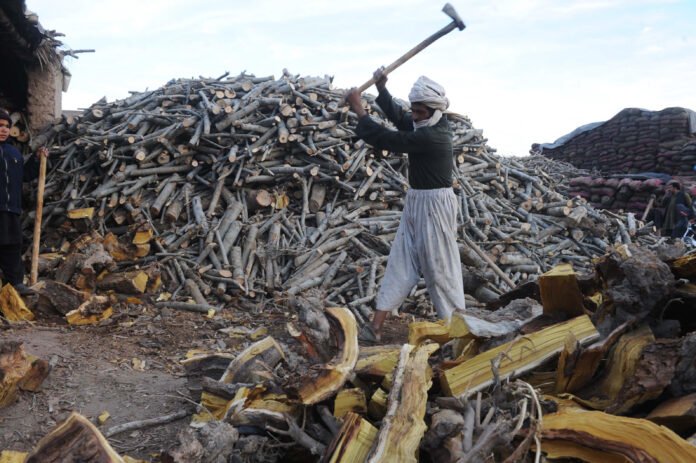Afghanistan, already prone to natural disasters, is experiencing an alarming rise in extreme weather occurrences like flash floods. The global climate problem is partially to blame, but decades of war have done more damage. Armed conflict has damaged the country’s ecosystem, making natural disasters more frequent and destructive.
Wars have harmed Afghanistan’s ecosystems. Conflict-era explosives and mining contaminants have altered soil structure and ecosystems, increasing erosion. This increases the risk of flooding, as in Baghlan in May 2024, where flash floods killed hundreds.
Deforestation also worsens floods. Afghanistan’s forest cover dropped from 2.8 million hectares in 1970 to 1.5 million in 2016. Runoff and landslides result from open ground without plants to absorb rainwater.
Political instability and resource shortages limit Afghanistan’s environmental rebuilding. Despite minimal backing, local humanitarian groups like Committee Akbari continue to help disaster-stricken people. Afghanistan’s situation shows how war, deforestation, and natural disasters are linked, emphasising the need for global action and sustainable solutions.
War’s environmental impacts must be addressed as well as climate change to secure Afghanistan’s future.
Image Credits: https://www.npr.org/2013/03/18/174200911/afghanistans-forests-a-casualty-of-timber-smuggling



